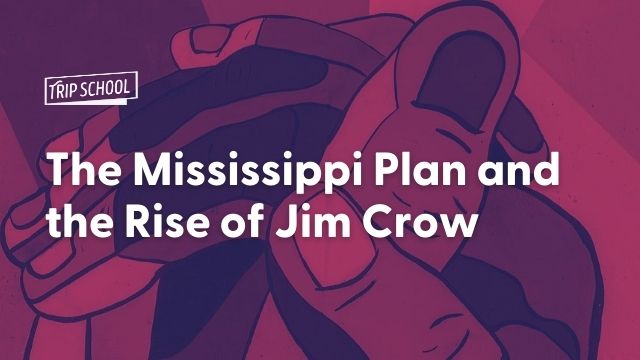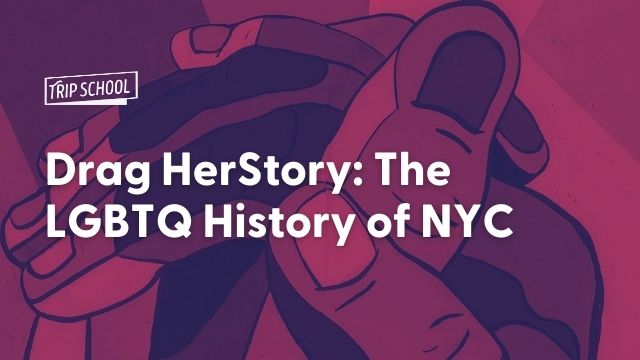Diversity Talks: Mississippi and the Rise of Jim Crow
Talk Description
After the Civil War, African Americans in the South, newly freed, expressed a tangible optimism that led to the reuniting of families, the development of social institutions like the black church, the rise of cultural expressions like the Blues and jazz, the establishment of black-owned businesses and other economic endeavors, and the wielding of significant political power. On the other hand, as Dr. Luckett explains in this talk, most white southerners, especially in Mississippi, saw this rise of black social, economic and political power as a direct threat to their hegemony, which had been so well established during the era of slavery, and whites sought to “redeem” their place in the southern hierarchy through violent extra-legal measures like lynching and through the realm of law. The invention of Jim Crow and what became known as the “Mississippi Plan” became the models for the rest of the South. The Mississippi Plan and Jim Crow stood on the shoulders of black disfranchisement, segregation and sharecropping to guarantee white power as well as second-class citizenship for African Americans throughout the South, a status black southerners have fought ever since.
Panelists
Robby Luckett received his BA in political science from Yale University and his PhD in history from the University of Georgia. A native Mississippian, he returned home, where he is a tenured Associate Professor of History and Director of the Margaret Walker Center at Jackson State University. His book, Joe T. Patterson and the White South’s Dilemma: Evolving Resistance to Black Advancement, He serves as Vice President of the Board of Directors of Common Cause Mississippi and as Secretary of the Board for the Association of African American Museums. In 2017, Mayor Chokwe Antar Lumumba appointed him to the Board of Trustees of Jackson Public Schools, and, in 2018, he received a W.K. Kellogg Foundation Community Leadership Network Fellowship for his work in racial equity. Robby has three children: Silas, Hazel, and Flip.







